Play
Pause

LaCinda Jones is a Senior Social Worker at the Department of Veterans Affairs. LaCinda works directly with Veterans affected by Traumatic Brain Injuries and Amputations, and is the facility coordinator for Advance Care Planning via Group visits. LaCinda’s former role was as a social worker in the acute care hospital on the medical/surgical inpatient units. LaCinda serves a Co-Lead for the National Social Work Elder Abuse Tiger Team and is a member of the National Social Work field based work group for Advance Care Planning via Group visits at the Department of Veterans Affairs.
Prior to working at the Department of Veterans Affairs, LaCinda worked for the Public Defender’s Office as a forensic social worker developing alternative sentences for people who were incarcerated. LaCinda’s interest are interdisciplinary collaboration, improving social work practice to address social determinants of health and health inequalities, and improving screening processes to detect elder abuse.
LaCinda was a congressional fellow during her fellowship year. She volunteers with the Coalition for Social Work and Health where she is the lead of the policy subgroup.
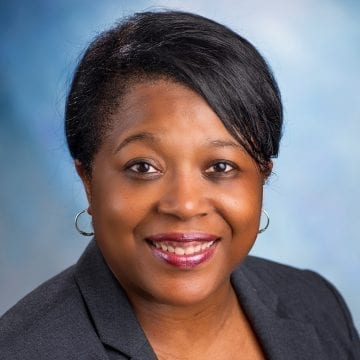
Dr. Lewinson earned her Bachelor’s degree in Developmental Psychology from the University of South Carolina, and Masters and PhD degrees from the School of Social Work at the University of Georgia.
Dr. Lewinson has over a decade of social work practice in healthcare settings and communities of low-income and overwhelmed families. She is a skilled qualitative social work researcher with a community-based focus. Dr. Lewinson builds collaborative relationships with policy makers and constituents to create change for people challenged with homelessness and unstable housing conditions. She has several years of experience conducting systematic observations, in-depth interviews, and focus groups using innovative and empowering visual data collection strategies, such as photovoice, which is effective in making hidden and shared environmental concerns more visible and motivating residents to become change agents. Her published work on aging in place has been shared at local and national conferences with professional social workers and interdisciplinary gerontologists where she specifically details complex life experiences of disenfranchised people residing transiently in hotels and coping with chronic and acute health challenges. Dr. Lewinson was also a 2016-2017 Health and Aging Policy Fellow and was placed in the U. S. House of Representatives in Congressman John Lewis’ office Dr. Lewinson was named by the Gerontological Society of America as a 2017-2018 Social Research, Policy, and Practice (SRPP) Fellow.
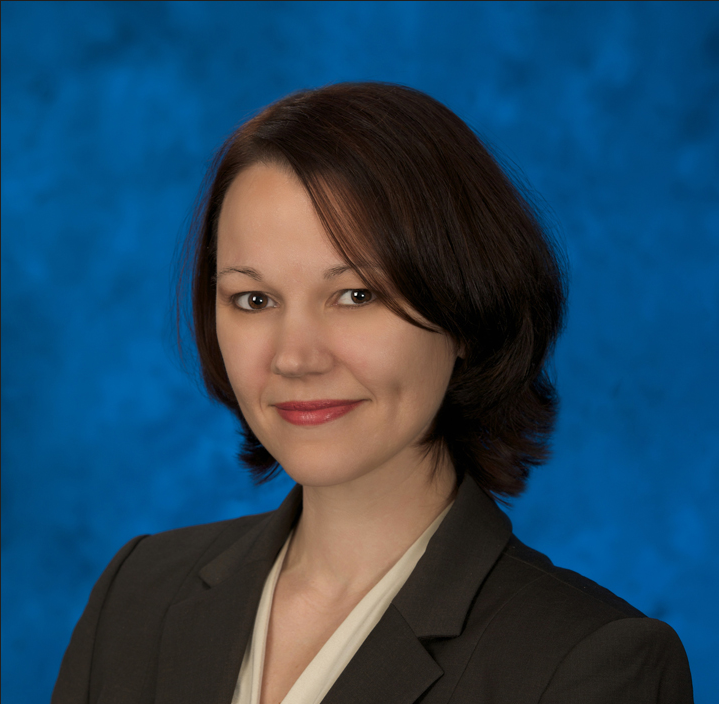
Laura Taylor is the National Program Manager for Advance Care Planning via Group Visits in the Veterans Health Administration. In this role, she builds stakeholder relationships and is responsible for managing, directing, and overseeing the implementation and dissemination of ACP-GV. Ms. Taylor is a licensed specialist clinical social worker (LSCSW) with over 20 years of administrative, clinical, operational and leadership experience.
She completed her graduate social work internship at the Eastern Kansas VA Healthcare System and officially started her career as a social worker at the Robert J. Dole VA Medical Center in Wichita, Kansas. Ms. Taylor held progressive leadership roles at the Dole VA including service line director for Geriatrics and Extended Care. Prior to joining the Advance Care Planning via Group Visits Program, she served as the National Director of Social Work, Fisher House and Family Hospitality and Intimate Partner Violence Assistance Programs and served as the National Director of the Caregiver Support Program in VA Central Office. Ms. Taylor has also previously served as the Acting Chief Consultant for Care Management and Social Work. Ms. Taylor obtained her master’s degree in Social Work and bachelor’s degree in Social Work from the University of Kansas in Lawrence, Kansas.
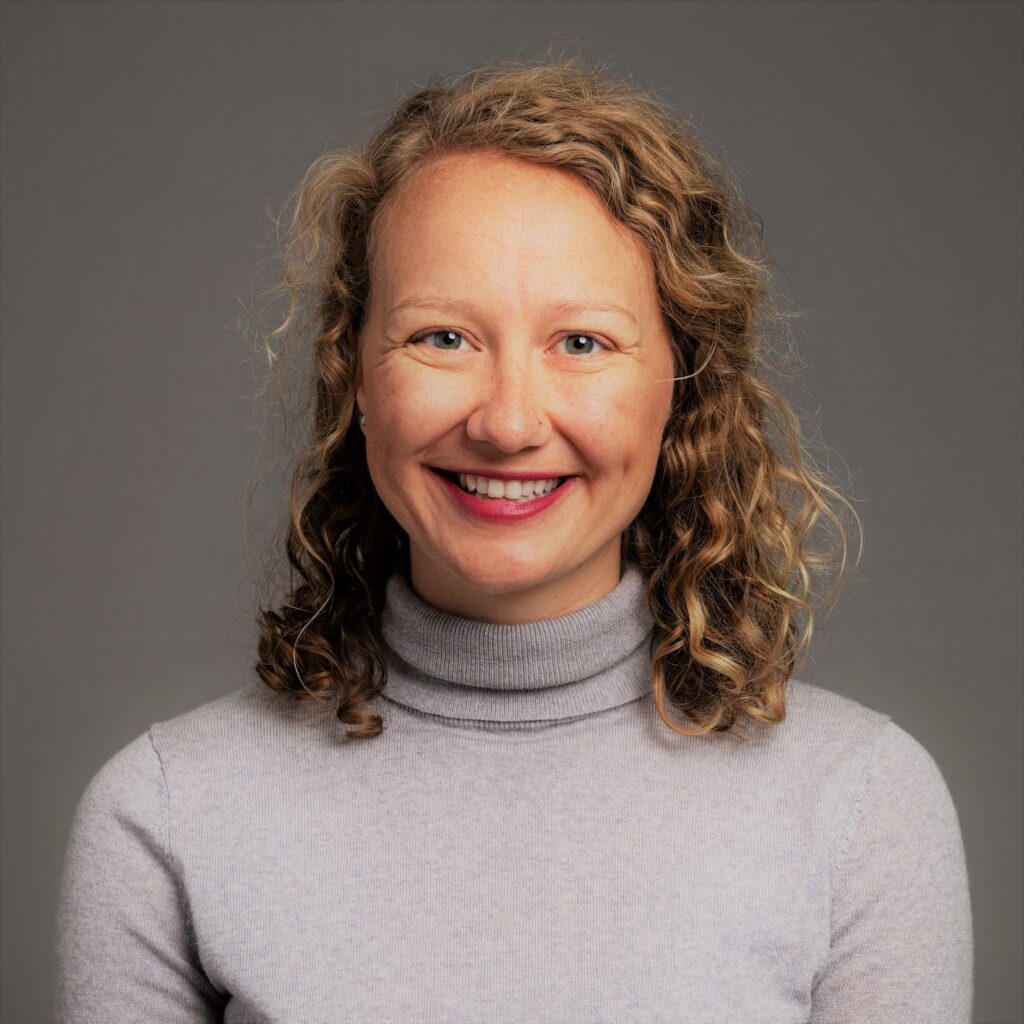
Bonnie Ewald (she/her) is the Managing Director of the Center for Health and Social Care Integration (CHaSCI), an applied think-tank based at Rush University Medical Center in Chicago that advances practices and policies that expand access to social care.
In this role, Bonnie leads CHaSCI’s strategy and implementation of its workforce development trainings, care model implementation support, and policy advocacy initiatives that advance coordinated and comprehensive care. Bonnie is also Manager of Strategic Development and Policy for Rush’s Social Work and Community Health department, assisting with program development and evaluation and provides strategic management for Rush’s Community Health Worker and AmeriCorps teams. She serves as assistant professor in Rush’s Social Work department and adjunct faculty in the Health Systems Management department. She also serves on the Chicagoland Regional Planning Council for the American Society on Aging, leads the policy core for Rush’s Center for Excellence in Aging, and serves as an adjunct instructor for the University of Wisconsin – Whitewater Department of Social Work.
Bonnie has her master’s in public policy studies from the University of Chicago, a post-graduate certificate in Sustainable Urban Design from Archeworks, and a bachelor’s in mathematics and geography from the University of Wisconsin – Madison.
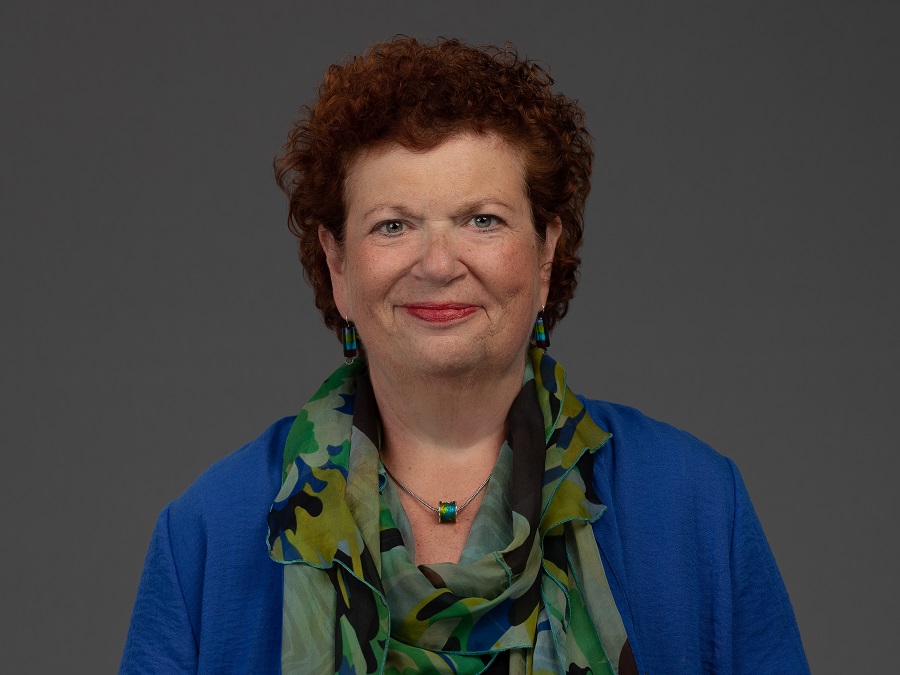
Robyn Golden serves as the Associate Vice President of Social Work and Community Health and Chair of the Department of Social Work at Rush University Medical Center
She is Co-Director of Rush’s Center for Excellence in Aging and the Center for Health and Social Care Integration. She serves as the Principal Investigator for Rush’s Geriatric Workforce Enhancement Program (GWEP) and co-directs the Rush Center of Excellence for Behavioral Health Disparities in Aging. She leads Rush’s Caregiver Initiative, which draws together evidence-based practices into a single framework to improve care for older adults and caregivers. Her faculty appointments are in Nursing, Medicine, Psychiatry and Health Systems Management.
For over 35 years, Ms. Golden has been actively involved in service provision, program development, interprofessional education, research and public policy aimed at developing innovative initiatives and systems integration to improve health and well-being. In 2003-04, she was the John Heinz Senate Fellow for Senator Hillary Rodham Clinton, and she is a Past Chair of the American Society on Aging. In 2017, she received the Gerontological Society of America’s Maxwell A. Pollack Award for Productive Aging, and she recently served as a member of the National Academies of Sciences, Engineering, and Medicine (NASEM) committee studying the integration of social needs care into the delivery of health care. She is a fellow of the Gerontological Society of America and of the American Academy of Social Work and Social Welfare and is a National Association of Social Workers (NASW) Social Work Pioneer. Ms. Golden holds a master’s degree from the University of Chicago and Bachelor’s degree from Miami University.
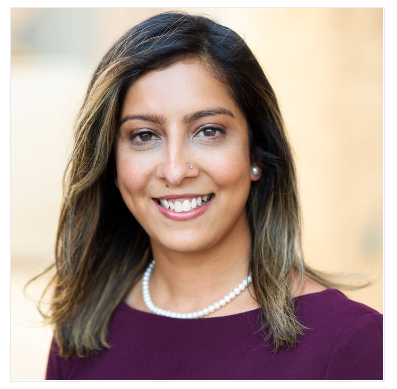
Dr. Sarguni Singh is an Assistant Professor in the Division of Hospital Medicine at the University of Colorado School of Medicine.
She attended medical school at Oregon Health & Science University and completed her Internal Medicine internship and residency at the University of Wisconsin Madison. She served as a Health and Aging Policy Fellow on the United States Senate Committee on Finance. Dr. Singh’s research interests focus on improving palliative care outcomes for older adults with serious illness and functional decline in acute and post-acute care settings. She is studying a novel palliative care delivery model for hospitalized older adults with cancer and their caregivers discharged to skilled nursing facilities. Dr. Singh aims to develop evidenced based interventions that enhance the receipt of goal-concordant care for older adults with serious illness throughout the health care system.
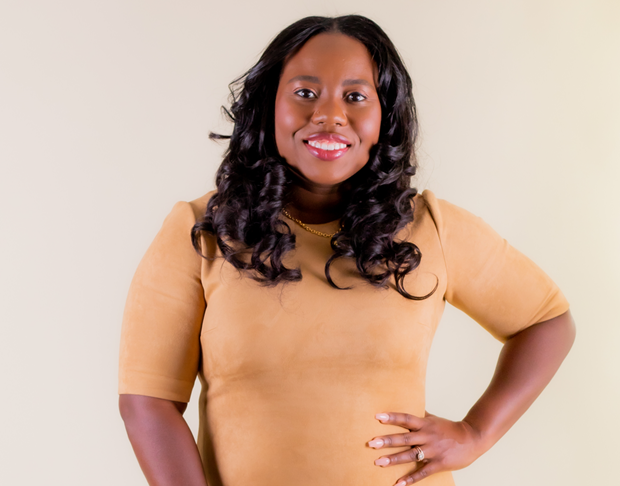
Dr. Onyema Okolo-Taku is a hematologist and medical oncologist currently practicing at Ironwood Cancer and Research in Phoenix, Arizona.
She has always been interested in the fast moving developments in the field of hematology and oncology as well as having the opportunity to guide patients through what can often be a very difficult time, using the most current treatment interventions while emphasizing patient-physician partnership with the overall goal of quality of life. Additionally, Dr. Okolo-Taku has an interest in evidence based integrative oncology, and she has completed a fellowship from the Andrew Weil Center for Integrative Medicine. Her interest in integrative oncology perfectly complements her interest in hematology and oncology as it allows her to treat patients’ symptoms with a variety of techniques, while also providing the opportunity to counsel, educate, conduct research and interventions with evidence based complimentary practices. She has publications in hematology, oncology, and integrative oncology ranging from case reports to literature reviews, as well as retrospective research. Another big interest is community engagement and health disparities. Dr. Okolo-Taku believes that provision of healthcare to all, regardless of race, gender, religion, or culture leads to better medicine. Community engagement leads to more trust in physicians as well as willingness on the side of the patient, to be more proactive in their health.
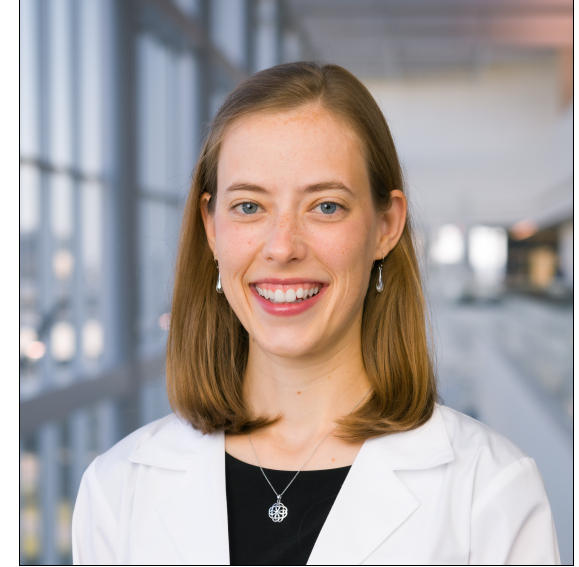
Dr. Deborah Freeland is an Assistant Professor of Internal Medicine in the Division of Geriatric Medicine at the University of Texas Southwestern Medical Center in Dallas, Texas.
Her love for older adults started in college when she was working as a certified nurse assistant in a local nursing home. She completed her Internal Medicine residency at Johns Hopkins Bayview, and returned to UT Southwestern Medical Center for her Geriatrics fellowship. Her clinical focus is on home-based primary care for older adults with specific interests in health equity and promoting advance care planning. Her medical education focus is on developing intergenerational programs to promote positive interactions between generations to help change society’s views on aging for the better. She is a Health and Aging Policy Fellow (2021-2022) with a focus on older adult health policy at the state level.
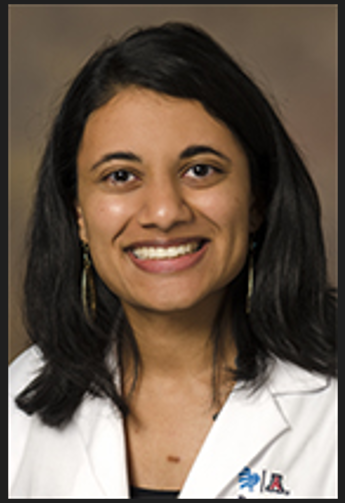
Dr. Shilpa Junna is currently a transplant hepatology fellow at the University of Michigan and is a board certified internist and gastroenterologist.
Her passions include advocacy for expedited liver transplant evaluation and fair organ allocation, prevention of portal hypertension related complications in liver disease, and healthcare disparities in gastrointestinal cancer screening. In her free time, she enjoys spending time with her husband, traveling, painting, exploring the outdoors, checking out the latest restaurant, or seeing her family and friends in her lovely home state of Colorado.
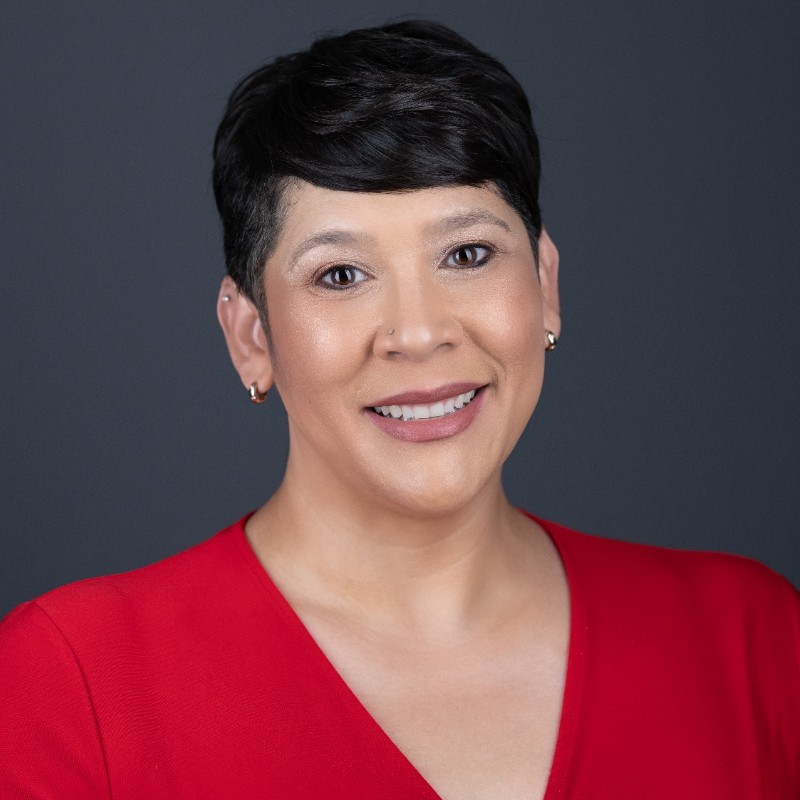
Nicole Howell is a Health and Aging Policy Fellow with the Committee on Ways and Means, Health Subcommittee focusing on issues related to skilled nursing improvement, workforce development and elder justice.
Prior to her time on “The Hill” Nicole was the Executive Director of Empowered Aging, an innovative nonprofit serving the San Francisco Bay Area. At Empowered Aging, Nicole led a dedicated team of people across three of California’s most populous counties committed to advocating for older adults, adults with disabilities, and their families. Together, Nicole and her team educate, defend, support, and strive for change through programs like Long-Term Care Ombudsman, Friendly Visiting/Telephone Reassurance, elder abuse prevention and the Healthcare Career Pathway.
Nicole has worked in the field of aging for more than a decade fighting for the rights and dignity of seniors, with a special emphasis on those in long-term care. She is driven by a passion for person-centered models of care and pathway and career development for the caregiving workforce.
A resident of California for nearly fifteen years. Nicole is a proud alumnus of University of Nevada, Reno and holds a Bachelor of Arts in political science.
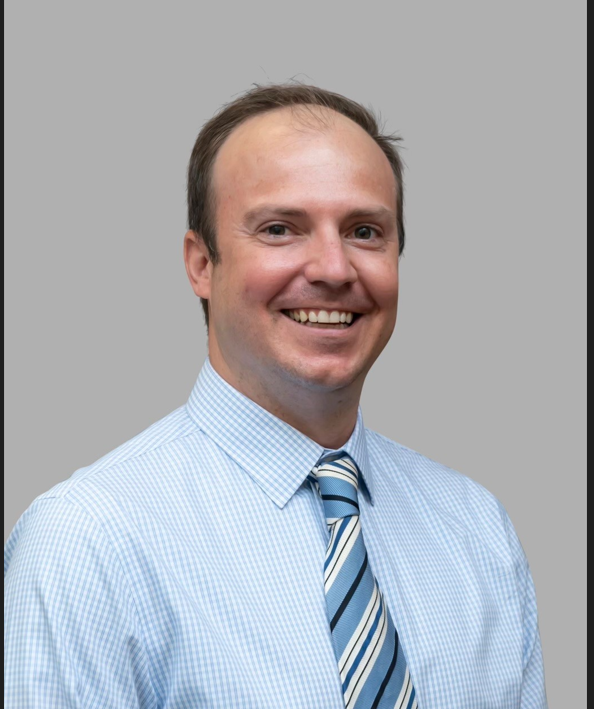
Eric Nelson is a Licensed Clinical Social Worker and currently working as the Manager of Advance Care Planning within his 11-Hospital regional healthcare system.
Over the past decade, Eric’s experience includes working as a clinical social worker in the home hospice, inpatient and outpatient palliative medicine settings and currently with Advance Care Planning. Eric has worked to implement and develop several positions within his health system, including with inpatient palliative Social Work within his systems largest hospital. Currently he is using his experience to develop and implement policy and procedure for his systems first ACP billing department within the ambulatory setting. Eric has a passion to bring care to patients and hopes to continue to use innovation to improve his Social Work practice as well as Social Work as a whole.
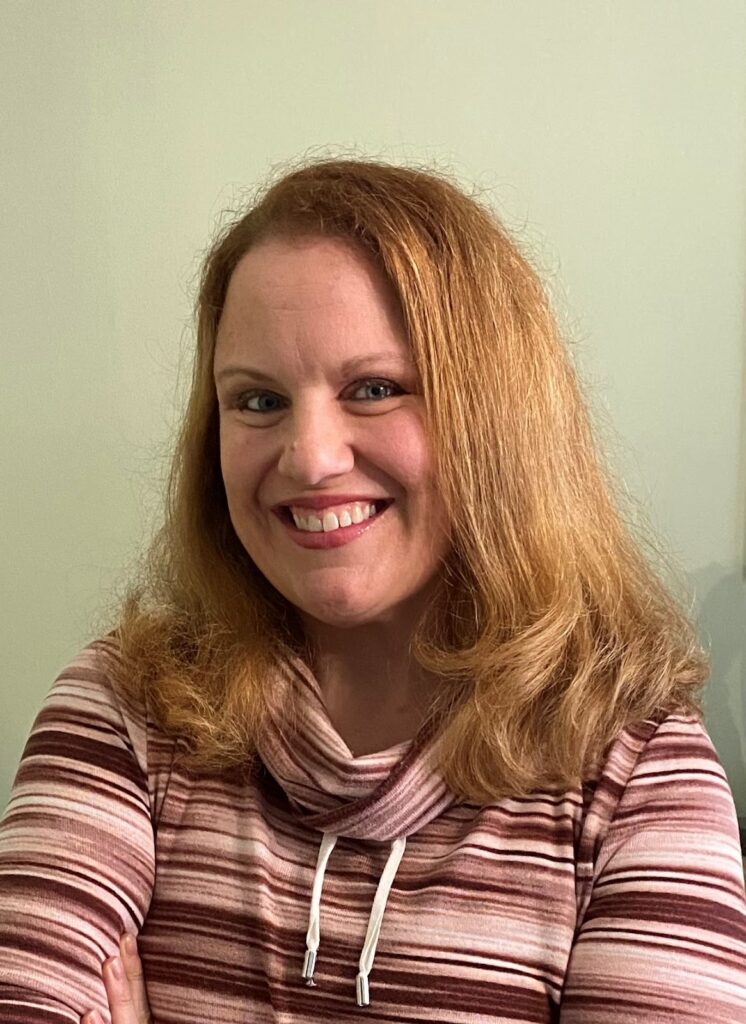
Stephanie DePiano is the Social Work Manager for Hackensack Meridian Health Palliative Care services.
Hackensack Meridian Health is a 17-hospital health care system in New Jersey. HMH Palliative care is available within the hospitals, ambulatory care setting, skilled nursing facilities and a home based palliative care program. Stephanie graduated from Rutgers University in 2003 with her Masters in Social Work. She has worked in health care for the entirety of her career. Stephanie is a Licensed Clinical Social Worker and holds certification in Advanced Palliative Hospice Social Work. Stephanie is passionate about supporting patients goals and values through thoughtful advance care planning conversations. She enjoys educating others on this topic and helping to promote more quality ACP conversations.She is an advocate for social work equity and recognition of the important role of social workers in health care.
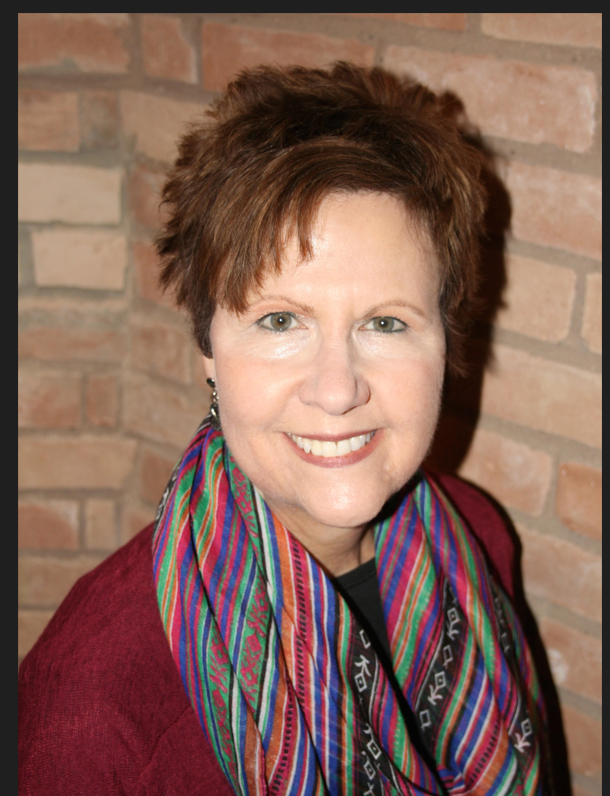
Mary Beth Callahan, ACSW/LCSW-APHSW-C is a nephrology social worker and uses over three decades of experience with kidney disease patients in her current role as Supportive Care Team Manager for Dallas Nephrology Associates (DNA).
As a clinician, she works to understand what matters most to patients and their families in hope of improving person-centered care and patient-perceived quality of life. Her leadership has developed as a member of End Stage Renal Disease (ESRD) Network 14’s Medical Review Board, as Past Chair of the Council of Nephrology Social Workers and an Emeritus Life Options Rehabilitation Advisory Council Member. She was the 2015 NKF/Council of Nephrology Social Workers Robert W. Whitlock Lifetime Achievement Award Recipient and the 2017 Medal of Excellence Recipient of the American Association of Kidney Patients. She is certified as an Advance Palliative & Hospice Social Worker (APHSW-C) and completed post-graduate studies at NYU’s Zelda Foster Leadership Fellowship in Palliative & End of Life Care (PELC).